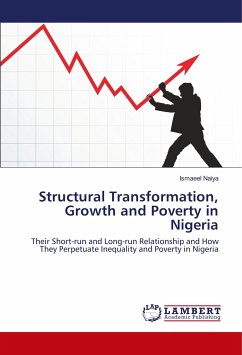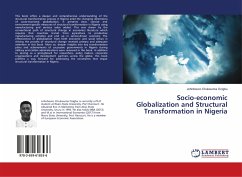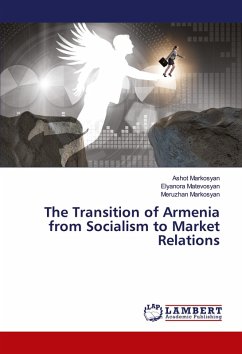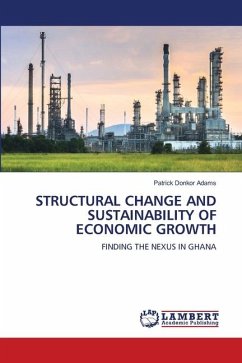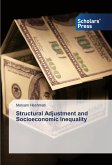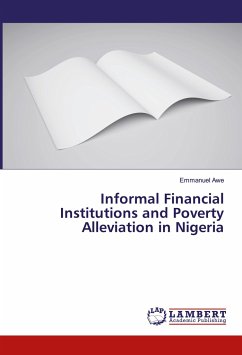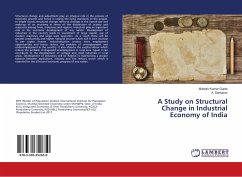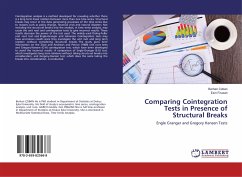As observed in many countries, a smooth and well-balanced structural transformation leads to significant improvement in overall welfare, improved income distribution and sustained poverty reduction. The study finds that although Nigerian economy benefited from all the oil windfalls, it has not been able to make use of the opportunities to address the issue of poverty and inequality. This has been blamed on the lack of good governance and economic mismanagement that emanated due to rent-seeking activities of politicians and government officials thereby making the economy the best example of "Dutch Disease" or "resource course" phenomenon. Therefore, poverty remained endemic in the country despite the huge amounts of revenues generated from sales of oil.
Bitte wählen Sie Ihr Anliegen aus.
Rechnungen
Retourenschein anfordern
Bestellstatus
Storno

